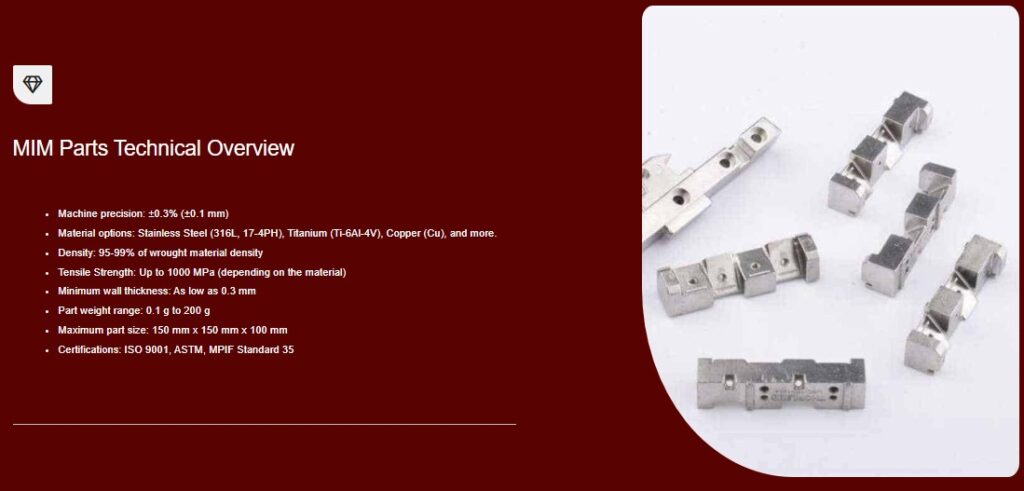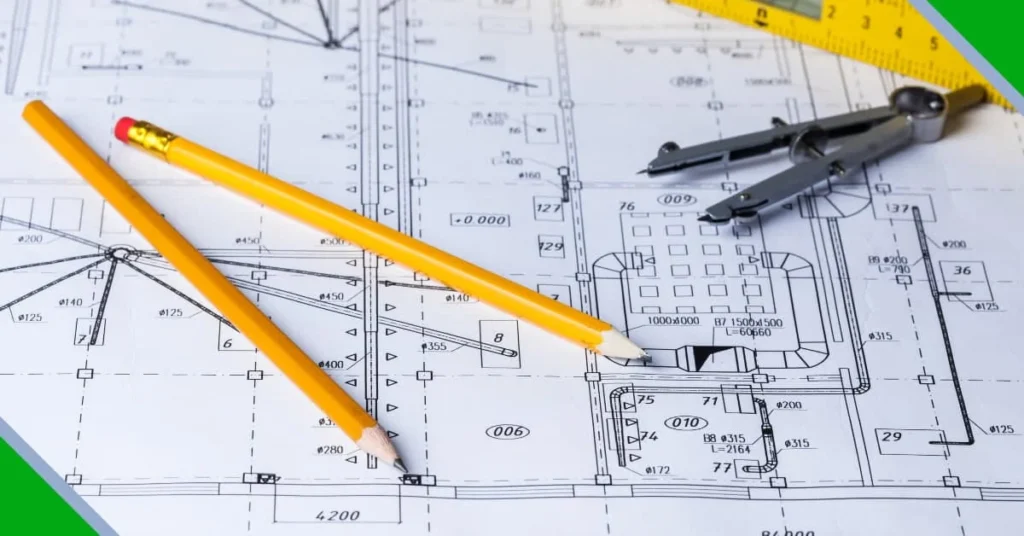Women’s clothing has evolved over the years, reflecting changes in fashion, culture, and personal expression. Today, there’s a wide variety of options for women to choose from, whether they’re looking for something casual, formal, or trend-setting. Let’s dive into the essentials of women’s fashion, including key clothing pieces, style trends, and how to make the most of your wardrobe.
Types of Women’s Clothing
Women’s clothing can be broken down into a few key categories. Each one serves a different purpose and is ideal for specific occasions.
- Casual Wear: This includes everyday clothing such as jeans, t-shirts, and casual dresses. They’re designed to be comfortable yet stylish, perfect for running errands or hanging out with friends.
- Workwear: Office or business attire typically includes blazers, tailored pants, skirts, and blouses. These pieces project professionalism and are often more structured.
- Formal Wear: Think elegant dresses and evening gowns. These are reserved for special occasions like weddings, galas, or formal dinners.
- Activewear: Leggings, sports bras, and moisture-wicking tops make up this category. They’re designed for exercise and comfort during physical activities.
- Loungewear: Comfortable clothing like sweatpants, pajamas, and oversized shirts fall under this. Perfect for relaxing at home or a casual day out.
Popular Fabrics in Women’s Clothing
The fabric of an outfit can make or break its comfort and durability. Here are a few popular fabrics commonly used in women’s clothing:
- Cotton: Lightweight and breathable, cotton is a staple fabric for everyday wear.
- Silk: Known for its luxurious feel, silk is often used in formal wear and evening dresses.
- Denim: A sturdy, durable fabric used for jeans and jackets. Denim is a classic material that’s both stylish and practical.
- Polyester: A synthetic fabric that’s durable and wrinkle-resistant, often found in activewear and casual clothing.
How to Choose Women’s Clothing for Different Occasions
Selecting the right outfit for various occasions can feel overwhelming. Here are some tips to help you make the right choice:
- Workplace: For office settings, it’s important to stick to professional attire. Opt for tailored pants, blouses, and blazers. Neutral colors like black, navy, and beige are always a safe choice.
- Casual Outings: When dressing casually, comfort is key. Jeans paired with a stylish t-shirt or a casual dress with sneakers can give you a relaxed but fashionable look.
- Special Events: Formal occasions call for elegant dresses or sophisticated jumpsuits. For these events, choose high-quality fabrics like silk or chiffon to make a statement.
- Gym or Yoga: Activewear should be functional yet stylish. Look for moisture-wicking fabrics that help keep you cool and comfortable during workouts.
Trending Styles in Women’s Clothing
Fashion trends are constantly changing, but here are a few that are currently popular in women’s clothing:
- Oversized Clothing: Oversized shirts, blazers, and trousers have become a major trend. They give a chic, effortless look while being comfortable.
- Athleisure: Combining athletic wear with casual fashion, athleisure allows you to look stylish while staying comfortable. Think leggings paired with trendy sneakers and a sleek jacket.
- Vintage and Retro Styles: Vintage-inspired clothing, like high-waisted jeans and polka-dot dresses, are making a big comeback. These pieces offer a nostalgic feel with a modern twist.
- Monochrome Looks: Dressing in one color from head to toe is a trend that’s been seen everywhere. It’s a sleek and modern style that can make you look polished without much effort.
Women’s Clothing for Different Body Shapes
Finding clothing that flatters your body shape is key to feeling confident in what you wear. Here are a few tips for dressing according to your body type:
- Hourglass Shape: Women with this shape have a balanced bust and hips with a defined waist. Wrap dresses and high-waisted skirts work well for this body type, as they accentuate the waist.
- Pear Shape: Pear-shaped women have wider hips and a smaller bust. A-line dresses and off-the-shoulder tops can help balance proportions by drawing attention to the upper body.
- Apple Shape: Women with an apple shape carry more weight around the midsection. Flowy tops and dresses that emphasize the legs or bust can create a more balanced silhouette.
- Rectangle Shape: If you have a rectangle body shape, your shoulders, bust, and hips are fairly aligned. Belted dresses or clothing that adds definition to the waist can help create curves.
How to Build a Versatile Women’s Clothing Wardrobe
Building a wardrobe that can transition from day to night and from season to season is easier than you think. Here are a few key pieces every woman should have:
- Basic T-Shirts: These can be paired with jeans, skirts, or layered under jackets.
- Little Black Dress (LBD): A versatile piece that can be dressed up or down depending on the occasion.
- Tailored Blazer: Perfect for work or adding sophistication to a casual outfit.
- Well-Fitting Jeans: A good pair of jeans can last for years and can be worn in a variety of settings.
- Comfortable Flats and Heels: Every wardrobe needs both for versatility in footwear.
How to Choose Sustainable Women’s Clothing
As more people are becoming conscious of the environment, sustainable fashion is growing in popularity. When shopping for women’s clothing, consider eco-friendly brands that focus on ethical production methods and sustainable materials like organic cotton, bamboo, or recycled fabrics.
Conclusion: Finding Your Unique Style
Women’s clothing offers endless opportunities to express your personal style. From casual wear to formal attire, choosing the right pieces for your wardrobe depends on your needs, body shape, and personal preferences. By incorporating key fashion trends, paying attention to fabrics, and focusing on a versatile wardrobe, you can create looks that are both stylish and functional.




